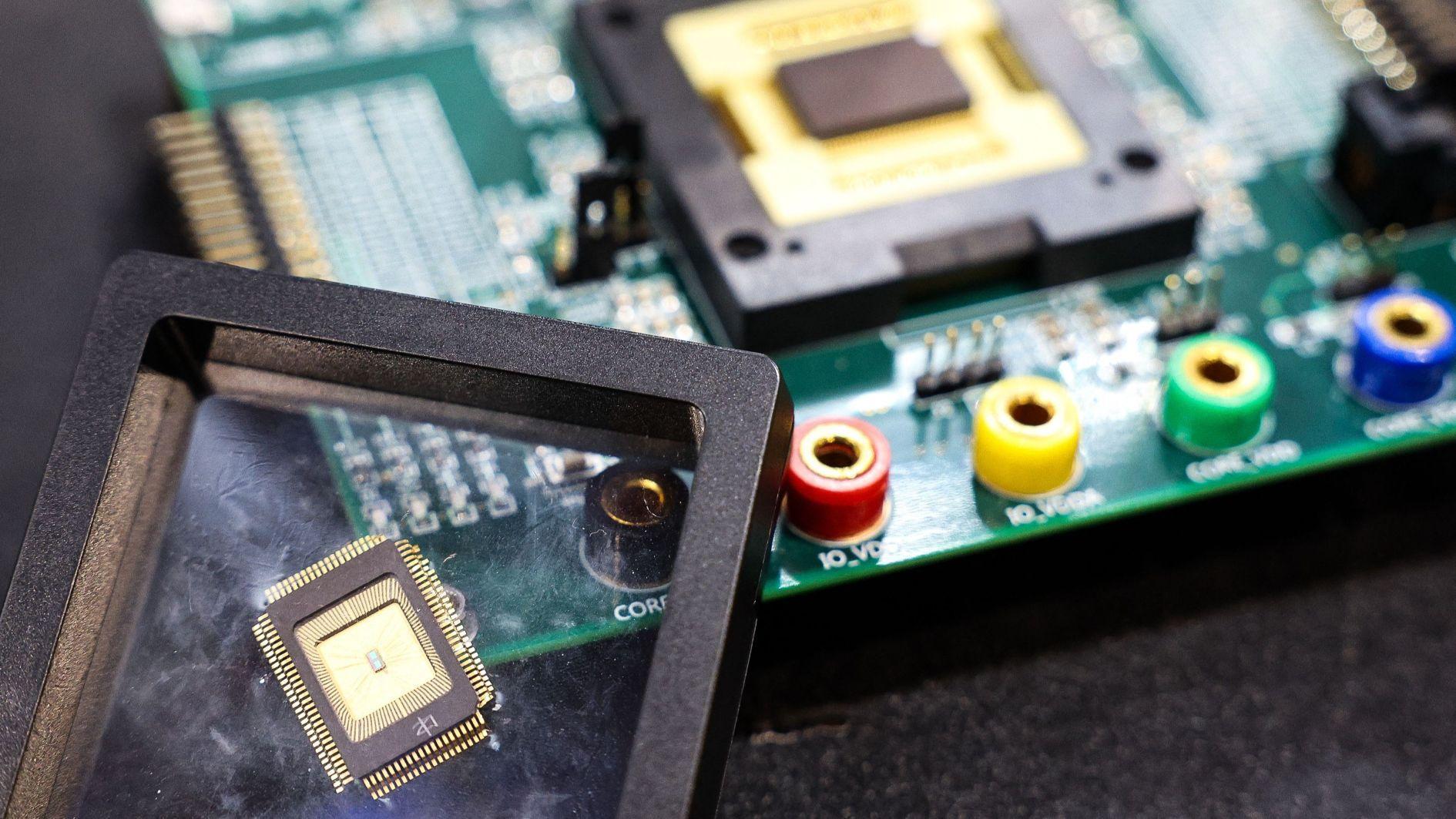
As the Trump administration attempts to choke off exports of strategically important computer chips to China, experts say the effort might well backfire, fueling innovation at Chinese firms that could help them seize the world semiconductor market.
"What's actually happening is that the U.S. government right now is handing China a big win as it tries to get their own chip business going," said Jack Gold, principal analyst at J.Gold associates.
"Once they're competitive," he told AFP, "they'll start selling around the world and people will buy their chips."
When that happens, he added, it will be difficult for U.S. chip makers to reclaim lost market share.
Silicon Valley semiconductor star Nvidia and its U.S. rival Advanced Micro Devices (AMD) expect big financial hits from new U.S. licensing requirements for semiconductors exported to China, they notified regulators this week.
Nvidia expects the new rules to cost it $5.5 billion, while AMD forecast it could sap as much as $800 million from the company's bottom line.
Administration officials told Nvidia it must obtain licenses to export its H20 chips to China because of concerns they may be used in supercomputers there, the company said.
The United States had already restricted exports to China, the world's biggest buyer of chips, of Nvidia's most sophisticated graphics processing units (GPUs), designed to power top-end artificial intelligence models.
Nvidia essentially developed the H20 chip for the Chinese market, aiming to maximize performance while meeting previous U.S. export rules, but the new licensing requirements pose a roadblock, according to Gold.
For AMD, the new U.S. export control measure applies to its MI308 GPUs, which are designed for high-performance applications like gaming and artificial intelligence, it said in a filing.
It noted that there is no guarantee licenses for sales to China will be granted.
Independent tech analyst Rob Enderle predicted Chinese chip makers, likely led by the huge Huawei corporation, will ramp up efforts to snatch the lead in the market.
"It's going to be a godsend for China as they spin up their own microprocessor business," Enderle said of the tightened U.S. export rules.
"This will be a really quick way to hand over U.S. leadership in microprocessors and GPUs."
The Chinese government has ample resources and motivation to bolster its chip industry, according to Gold.
He said while U.S. President Donald Trump might think he can "bully people" to achieve his objectives, "the worldwide economy is not like that."
Instead, Trump's tariffs have alienated allies, increasing their incentive to turn to China for chips, the analyst said.